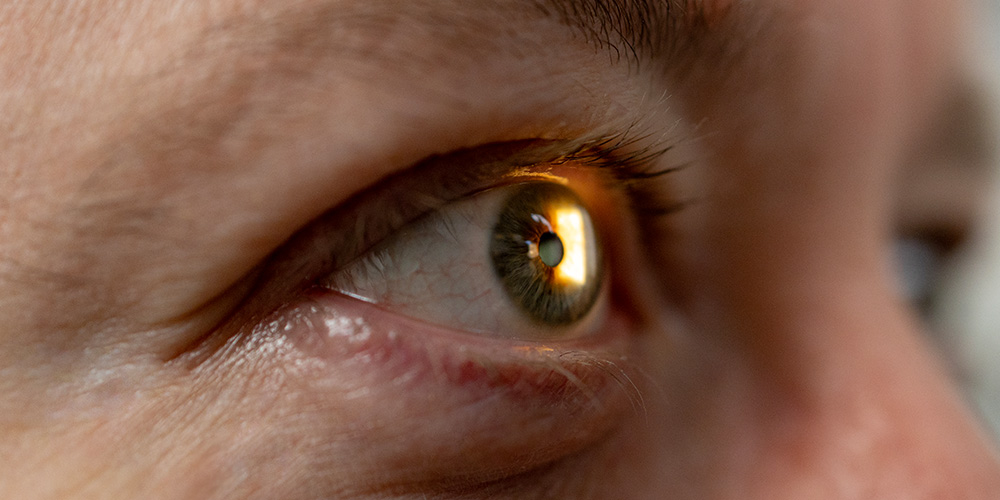Precision gene editing could prevent vision loss from Stargardt disease
Researchers have developed a therapy to treat Stargardt disease, the most common form of inherited macular degeneration, which often leads to vision loss. Their study shows promising results using a precise technique for gene correction.
09 January 2025
The Stargardt disease affects around 1 in 6500 people and is therefore a rare disease. Those affected increasingly lose the ability to see in the center of their field of vision, which makes it difficult to recognize faces and read. The symptoms usually begin before the age of 20, often in childhood. There is currently no effective treatment.
A research team led by Professor Bence György and Professor Botond Roska from the Institute of Molecular and Clinical Ophthalmology Basel (IOB) and the University of Basel, has developed a therapy to correct the genetic cause of Stargardt disease. The study, which they conducted in collaboration with scientists David Bryson and Giuseppe Ciaramella from the biotechnology enterprise Beam Therapeutics, was published in the journal Nature Medicine.
Correcting the most common mutation
The team employed a technique called "base editing", which enables researchers to replace individual building blocks of the DNA code, known as nucleotide bases. For their therapeutic approach, the researchers developed a molecular system targeting the nucleotide adenine at a specific site in the genome. This system is delivered into retinal cells using modified viral vectors. The goal is to correct the most common mutation associated with Stargardt disease.
“Our approach achieves remarkably high rates of gene correction,” said Bence György. "We observed average editing rates of 75% in cone cells and 87% in retinal pigment epithelial cells. These rates far exceed what we believe is necessary to provide clinical benefit to patients."
Tested in human tissue
The effectiveness of this technique was demonstrated in human tissue, including human retinas from organ donors. The researchers are confident that their treatment has a high likelihood of being translatable to patients.
First author Alissa Muller, a doctoral student at IOB, highlighted the precision and safety of the technique: "We conducted extensive off-target analyses and found no evidence of unintended edits in the retina or other parts of the body. This is critical for developing a safe and effective therapy."
Applicable for other inherited retinal diseases
The researchers also emphasized that their base editing approach could potentially be adapted to treat other inherited retinal diseases caused by similar mutations. The results represent a significant advancement in ocular gene therapy. Next steps may include further safety studies and preparations for clinical trials.
If successful, this gene editing approach could provide hope to thousands of people affected by Stargardt disease and potentially other inherited retinal disorders.
Original publication
Alissa Muller et al.
High-efficiency base editing in the retina in primates and human tissues
Nature Medicine (2025), doi: 10.1038/s41591-024-03422-8



